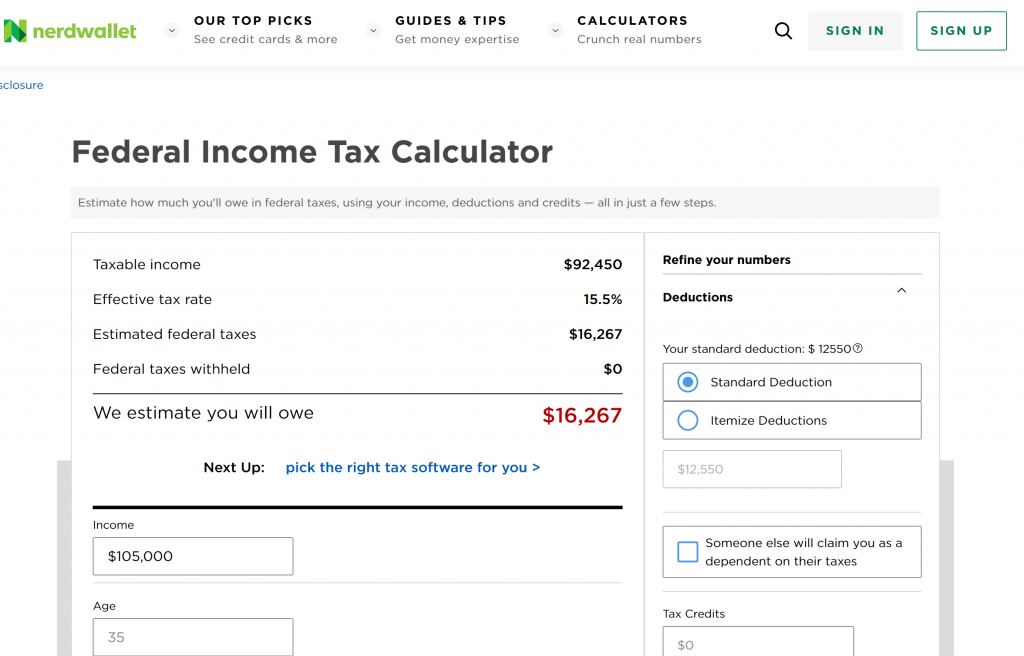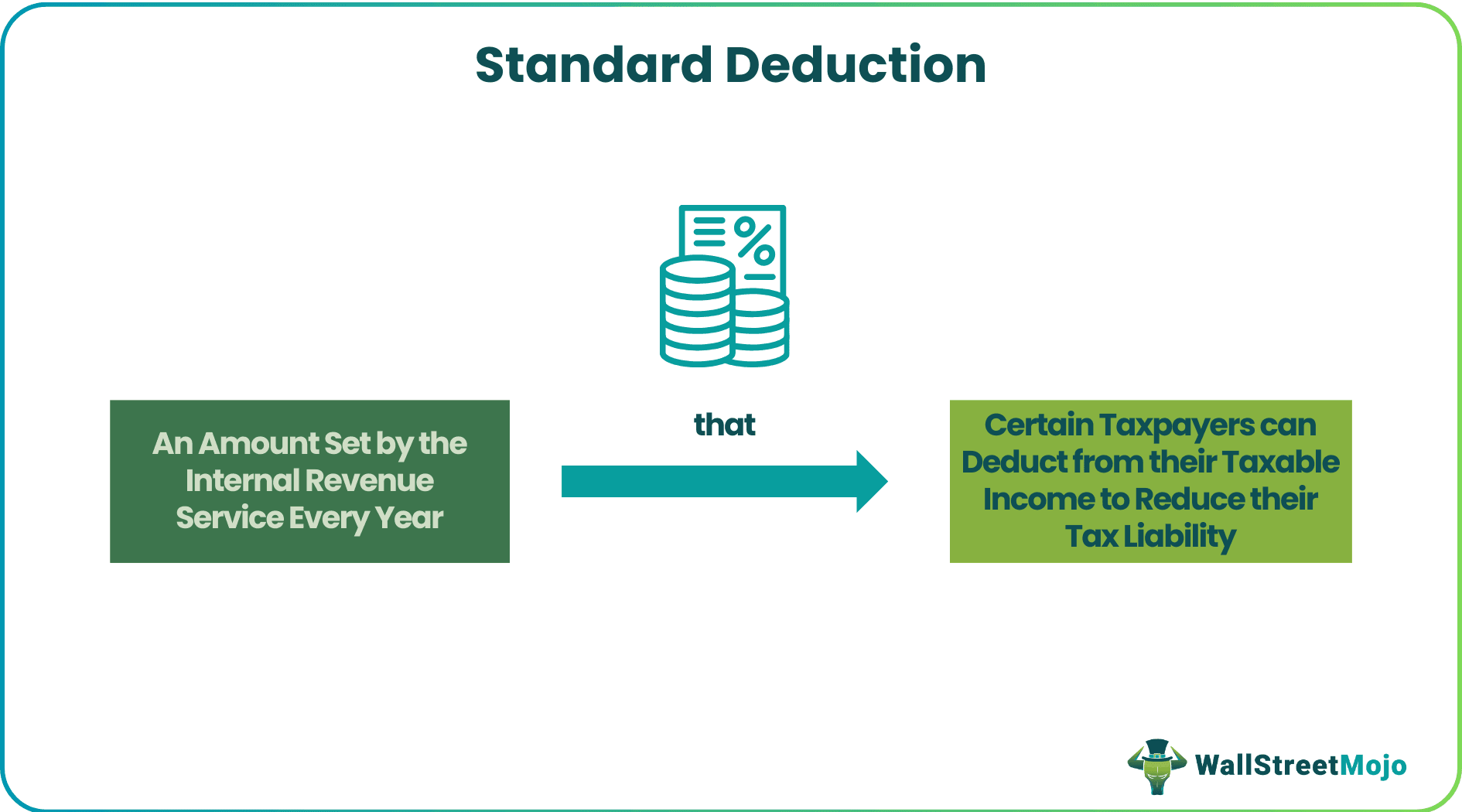All About the Foreign Earned Income Exemption: Optimizing Your Criterion Deduction Conveniences
The Foreign Earned Revenue Exemption (FEIE) provides a valuable possibility for U.S. citizens living abroad to lessen their tax responsibilities. Understanding the eligibility requirements is vital for those seeking to benefit from this exemption. Asserting the common deduction can boost general tax obligation advantages. Nevertheless, managing this process includes cautious interest to information and a recognition of usual mistakes. Discovering these aspects can give clearness and make the most of potential tax advantages.
Understanding the Foreign Earned Revenue Exemption (FEIE)
The International Earned Earnings Exemption (FEIE) enables U.S. residents and resident aliens working abroad to omit a portion of their international profits from government earnings tax obligation. This arrangement works as an economic relief mechanism, enabling migrants to maintain a larger share of their earnings made in foreign nations. By minimizing taxed income, the FEIE aids ease the concern of double taxes, as people might additionally be subject to tax obligations in their host nations. The exemption uses only to gained revenue, which consists of wages, wages, and professional costs, while easy income and investment gains do not certify. To benefit from the FEIE, individuals need to submit specific forms with the IRS, describing their foreign earnings and residency - FEIE Standard Deduction. Comprehending the nuances of the FEIE can substantially affect monetary preparation for U.S. people living overseas, making it necessary for migrants to stay educated concerning this helpful tax obligation stipulation
Eligibility Requirements for the FEIE
To get approved for the Foreign Earned Income Exemption (FEIE), people must fulfill certain eligibility requirements. This consists of gratifying residency demands, passing the physical existence test, and establishing a tax obligation home in a foreign country. Each of these factors plays a crucial function in determining whether one can benefit from the exclusion.
Residency Requirements
Meeting the residency needs is crucial for people seeking to qualify for the Foreign Earned Revenue Exemption (FEIE) To be eligible, taxpayers have to establish an authentic house in an international country or nations for a nonstop period that usually covers a whole tax year. This requirement highlights the requirement of a deeper connection to the foreign location, relocating past simple physical visibility. People should demonstrate their intent to live in the foreign country and have developed their living scenario there. Variables such as the length of remain, kind of real estate, and local community participation are considered in establishing residency. Satisfying these criteria is essential, as failing to do so might disqualify one from benefiting from the FEIE.
Physical Existence Test
Developing qualification for the Foreign Earned Earnings Exclusion (FEIE) can likewise be attained through the Physical Presence Examination, which calls for people to be physically present in a foreign country for at the very least 330 full days throughout a successive 12-month period. This test is helpful for those who may not meet the residency demand however still stay abroad. The 330 days should be complete days, implying that any day invested in the USA does not count toward this overall. It is necessary for individuals to preserve accurate documents of their travel days and locations to sustain their insurance claims. Efficiently passing this test can substantially decrease taxable earnings and improve economic results for migrants.
Tax Obligation Home Location
Tax home area plays an important duty in identifying qualification for the Foreign Earned Earnings Exclusion (FEIE) To qualify, a specific need to establish a tax home in a foreign nation, which indicates their primary location of service is outside the USA. This is unique from a mere home; the private need to perform their operate in the international nation while maintaining a significant link to it. The internal revenue service calls for that the taxpayer can show the intent to stay in the international location for a prolonged duration. In addition, preserving a home in the U.S. can complicate qualification, as it might recommend that the individual's true tax obligation home is still in the USA. Recognizing this requirement is essential for maximizing FEIE advantages.
Exactly how to Claim the FEIE on Your Income Tax Return
Asserting the Foreign Earned Earnings Exemption (FEIE) on an income tax return needs cautious attention to information and adherence to certain internal revenue service standards. Taxpayers have to first validate eligibility by meeting either the authentic residence test or the physical visibility examination. When eligibility is verified, they must finish IRS Form 2555, which details international gained earnings and relevant details regarding their tax obligation home.
It is vital to report all foreign income precisely and maintain proper paperwork to sustain cases. Taxpayers should also be aware of the maximum exclusion limit, which undergoes yearly modifications by the IRS. Filing Kind 2555 alongside the yearly income tax return permits taxpayers to omit a portion of their foreign revenues from U.S. taxation. It is recommended to speak with a tax specialist or Internal revenue service resources for upgraded information and assistance on the FEIE process, ensuring compliance and maximization of prospective benefits.

The Standard Reduction: What You Need to Know
How does the common reduction effect taxpayers' general monetary circumstance? The common reduction acts as a considerable tax advantage, reducing gross income and potentially reducing tax obligations. For the tax obligation year 2023, the typical deduction is set at $13,850 for single filers and $27,700 for married couples filing jointly. This deduction simplifies the filing process, as taxpayers can go with it rather than detailing deductions, which needs thorough record-keeping.

Taxpayers earning foreign earnings might still assert the conventional reduction, profiting from reduced taxable earnings even while using the Foreign Earned Revenue Exclusion (FEIE) Nonetheless, it is vital to keep in mind that the basic deduction can not be combined with itemized reductions for the same tax year. Recognizing the common deduction permits taxpayers to make educated choices regarding their tax obligation techniques, making the most of readily available benefits while making certain compliance with IRS guidelines.
Methods for Maximizing Your Reductions
Optimizing reductions under the Foreign Earned Revenue Exemption requires a clear understanding of earned revenue restrictions and the advantages of declaring real estate exclusions. Furthermore, making use of Form 2555 properly can enhance the capacity for substantial tax obligation savings. These approaches can considerably impact the general tax obligation liability for expatriates.
Understand Gained Income Limitations
While many expatriates look for to decrease their tax obligation worry, comprehending the made income restrictions is crucial for properly leveraging the Foreign Earned Income Exclusion. The Internal Profits Solution (INTERNAL REVENUE SERVICE) sets particular limits that determine the optimum amount of foreign earned earnings eligible for exclusion. For the tax obligation year 2023, this restriction is $120,000 per certified individual. Exceeding this threshold might result in tax on the revenue over the restriction, reducing the advantages of the exemption. To take full advantage of reductions, migrants should keep precise documents of their foreign gained revenue and assess their qualification for the exclusion yearly. Strategic planning around these restrictions can substantially enhance tax obligation financial savings, enabling expatriates to optimize their economic scenario while living abroad.
Claiming Housing Exclusion Perks
Lots of migrants forget the prospective advantages of declaring the Real estate Exemption, which can considerably reduce their link gross income. This exclusion permits individuals living abroad to deduct specific housing costs from their gross earnings, making it less complicated to satisfy monetary obligations without sustaining considerable tax obligations. To maximize this advantage, expatriates should verify they qualify based upon their house and employment situations. Additionally, comprehending qualified expenditures-- such as rent, energies, and maintenance-- can enhance the overall reduction. Maintaining detailed records of these costs is crucial for corroborating cases. By purposefully navigating with the Housing Exclusion, expatriates can significantly reduce their tax burden and retain even more of their incomes while living overseas, ultimately boosting their financial wellness.
Utilize Type 2555 Efficiently
Making use of Kind 2555 successfully can considerably improve the economic benefits offered to expatriates, particularly after benefiting from the Real estate Exclusion. This kind permits people to claim the Foreign Earned Income Exemption, which can considerably reduce taxable revenue. To make best use of deductions, expatriates ought to validate they fulfill the qualifications, including the physical visibility examination or the bona fide home test. It is important to our website precisely report all international gained revenue and to keep extensive documents of qualification. Additionally, using the Real estate Exemption in tandem with Kind 2555 can further decrease overall tax obligation responsibility. By understanding the complexities of these types, migrants can optimize their tax situation and maintain more of their hard-earned revenue while living abroad.
Typical Mistakes to Stay Clear Of When Filing Your Tax Obligations Abroad

Regularly Asked Questions
Can I Assert Both FEIE and the Foreign Tax Obligation Credit Score?
Yes, a person can declare both the Foreign Earned Revenue Exemption (FEIE) and the Foreign Tax Credit Report (FTC) They have to assure that the very same revenue is not utilized for both advantages to stay clear of double benefits.
What Takes place if I Surpass the FEIE Earnings Limit?
Going Beyond the Foreign Earned Income Exemption (FEIE) earnings limit causes the ineligibility for the exemption on the excess amount. This could lead to taxable revenue in the USA, needing appropriate tax filings.
Are There Any State Tax Ramifications for FEIE?
State tax ramifications for the Foreign Earned Income Exclusion (FEIE) differ by state. Some states might strain foreign income while others comply with federal exclusions, making it important for people to consult state-specific tax policies for clarity.

Exactly How Does FEIE Affect My Social Safety Benefits?
The Foreign Earned Earnings Exclusion (FEIE) does not directly affect Social Safety and security benefits. Income excluded under FEIE may impact the calculation of typical indexed regular monthly incomes, possibly affecting future benefits.
Can I Revoke My FEIE Election After Declaring It?
Yes, an individual can revoke their Foreign Earned Income Exclusion (FEIE) election after asserting it. This revocation should be done in composing and sent to the internal revenue service, sticking to certain standards and due dates.
Understanding the Foreign Earned Revenue Exclusion (FEIE)
The Foreign Earned Income Exclusion (Exemption) allows U.S. permits and resident aliens working view it now abroad functioning exclude an omit of their foreign earnings international revenues income tax. Taxpayers gaining international earnings may still assert the typical reduction, benefiting from reduced taxed earnings even while utilizing the Foreign Earned Revenue Exemption (FEIE) Maximizing reductions under the Foreign Earned Revenue Exclusion requires a clear understanding of earned income restrictions and the advantages of declaring housing exclusions. While many migrants look for to minimize their tax burden, recognizing the made income limits is necessary for successfully leveraging the Foreign Earned Earnings Exclusion. Exceeding the Foreign Earned Revenue Exclusion (FEIE) revenue restriction results in the ineligibility for the exemption on the excess quantity.